A. Introduction
In Indonesia there was many complex of health problems from decade to decade. And some of decade there was a progress that health became elevated. It has Already for long time Indonesian people was suffered caused by colonization and no freedom inside, it was 350 years Indonesian lead by Holland, besides the colonization took the foreign cultures that affected Indonesian people with the strong cultures but it was occurred some benefits in a lot of sections, the example the Colonization took the health systems and built the Hospital to cure and caring for just only the foreign people and the rich citizens who got illness, they took the physicians, nurses, and medic to operate the hospital. So more people still unreached to depend they health and more people suffered with their illness. But in fact Indonesian people have more alternative ways to cure the illness, there was lot of methods to throw a way the illness, a lot of people still influenced by they own cultures to throw a way the illness, they made the herbal medicine to cure the illness, but they still poor of health knowledge.
From beginning of independent days, Indonesian people tried to grow up. The Government built the adopted health system from Dutch and Japan. The political , economical status , and many accidents or disasters was effected the health movement in Indonesia. But actually there was a progress in many sections, Indonesian average annual gross domestic product growth rate from 1980 – 1991 was 3-9 % (world bank 1993), as we knew that Indonesia have been growth up since the Orde baru Government, the economy was increased. It was infected the Indonesian health systems to grow up. And government was built the Hospitals in much places and fixed to be a good system in that decade. But During the Asian economic crisis (called krismon ion Indonesia) in early 1998, the value of Rupiah fell by 84% against the US dollar (Barclay, 1998). Although the economy is recovering, the people of Indonesian continue to face economic hardship. After economic crisis Indonesian people still faced the complex problems, and it was happened the terrorist attacks In Bali that affected the economy status became decrease. But in 2001, a restricting of government agencies occurred, and all government departments decentralized to the provinces, with each provincial government responsible for raising of income independently. This also has severe ramifications for all public utilities including health care and nursing.
B. Body
Recently Indonesian was opened him self from modern health system but still there was a problems cant fixed to make perfect the health system. In Indonesia the average life expectancy at birth increased from 41 years in 1960 to 63 years in 1995, while the infant mortality rate fell from 160 deaths per 1000 live birth in 1960 to 55 in 1995, and 41 in 2000 ( world bank group 2001). Because of decentralized in many regions but Indonesian health of Department still lead for the health regulations. And everything about health regulations its related to Indonesian health of Department. In line with WHO objectives for primary health care, Indonesia has an extensive primary health care system. While the primary health care system works well, remote areas are often disadvantaged in comparison with larger centers.
The Decentralization Policy has been implemented in Indonesia, regarding the financial equality between Central and Regional government. With the implementation of the aforementioned Acts, the government system in Indonesia has been changed from Centralized to Decentralized type of government, which provide regional autonomy, there have been three levels of regional autonomy, i.e., Province, District, and City regional autonomy. Although the region was divided as decentralized but in the other hand they have the duty to established the health system in their own regions.
Health and Nursing are related from each others. Health is some productive conditions of biology psychology social and spiritual. Nursing is one kinds of sciences discipline that include how to caring the patient in many conditions. In 1994 there were 50 nurses and midwives per 100.000 people in Indonesia (WHOSIS 2002). Nursing, until recently, was universally considered a low-status profession, but with the introduction of tertiary education for nurses, a major shift in attitudes is occurring. At present, about 1% of nurses are educated at University. And 39% of nurses are educated to Diploma level at both government and private academies of Nursing, 60% of nurses are still educated at Senior High School. This is recognized by health official as a major contributing factor to low levels of health and high mortality, as a nurse who are high school graduates,. As young as 17 years old, care for patients with complex health problems and deliver babies.
In the fact in Indonesia still there is no clear situation for nurses, nursing still hanging out of other health profession like a doctor. Nurses still called as a servicer of doctor, nurse still cant stand with their Independences even in some institution there was ran that nurse is the different profession and independent profession but it self cant diveded from other profession to collaborate in their jobs. Until recently still no central registration for nurses exists, consequently, there is no standardization of levels of competence and ability, and no way of correlating education with practice standards even recently the INNA was sending the competency and RUU to DPR to fix in the nursing system in Indonesia.
In other health profession in 1994, there were 16 doctors per 100.000 people in Indonesia. Medicine is a high-class profession, whose practitioners are highly respected. All doctors are educated at Universities, initially at undergraduate level. They are then required to work for up to 5 years in a government position as general practitioners, and can then choose private or public practice. So in the fact In Indonesia still there was a limited health professions and poor of health systems.
C. Conclusion
Indonesia was the largest island country in the world, and many population there, more than 200 million people live in the country. So more health problems occurred in the population, but in the fact the government still have the good efforts to established the health system even they have many problems inside (likes a limited financial, regulations, human resources such as nurses, medic, and many others). From years to years Indonesia have been growth up in frame work to established the health system the example the infant mortality rate fell from 160 deaths per 1000 live birth in 1960 to 55 in 1995, and 41 in 2000 ( world bank group 2001). But recently Indonesia face on the global situation, likes many dangerous disease are coming into the population such as H5N1 (avian flu), HIV aids, etc. now the government have to change and built many regulations in lot of sections. The government by Health department have to make the regulation to make the good system in services of the community needs. The health profession also have to increase their own contributes to develop the health system in Indonesia. Because stabilization of health in Indonesia will happen if all of l section will gathered and make some collaboration all together.
Created by :
Rana Purnama Lahardi



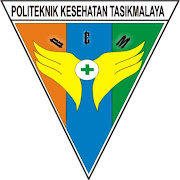




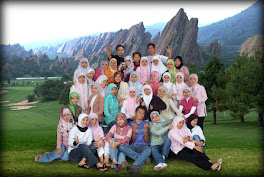




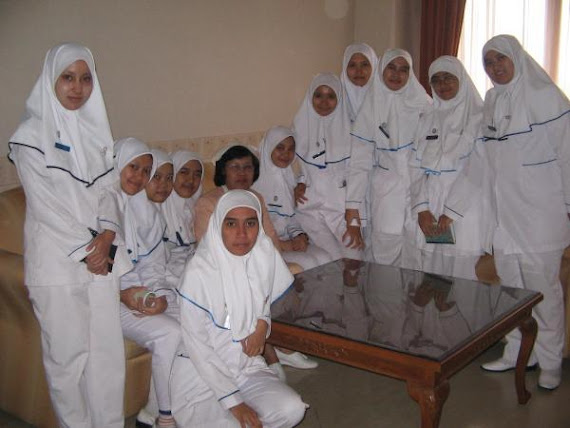





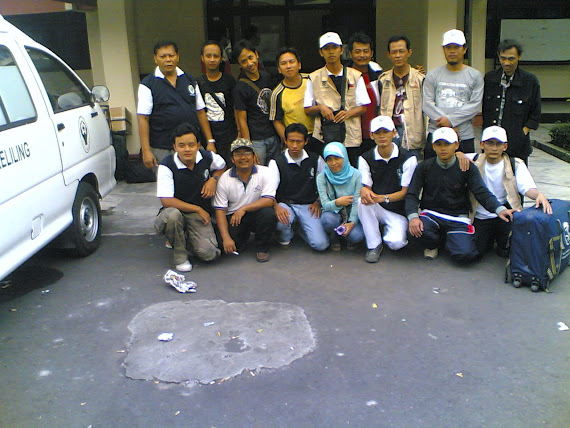

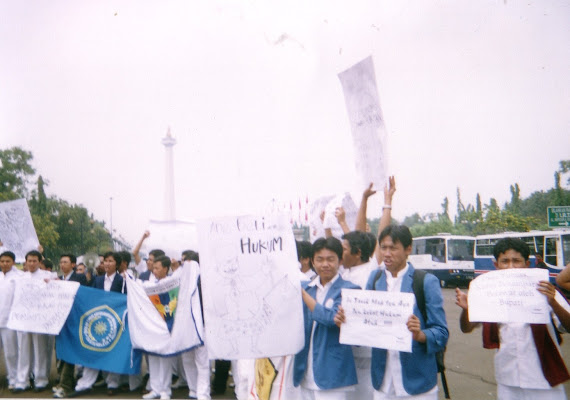
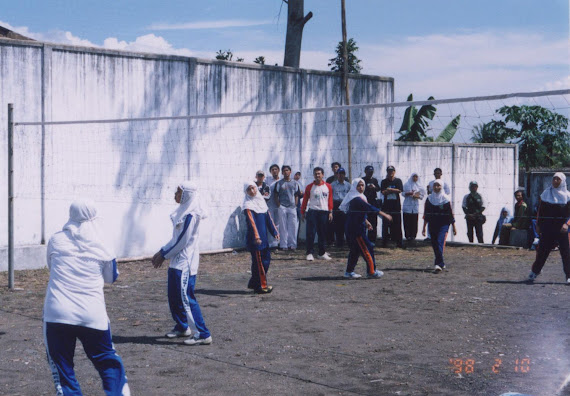
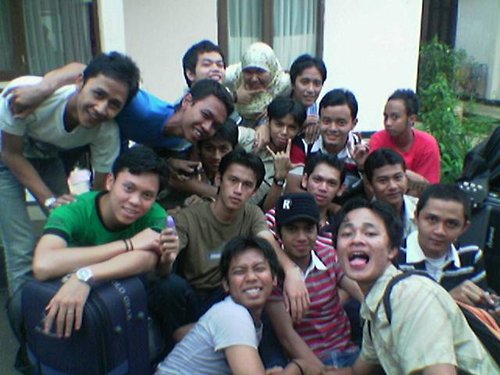

.jpg)



2 komentar:
kapan ada reuni angkatan XI?
kapan ada reuni angkatan XI?
Posting Komentar